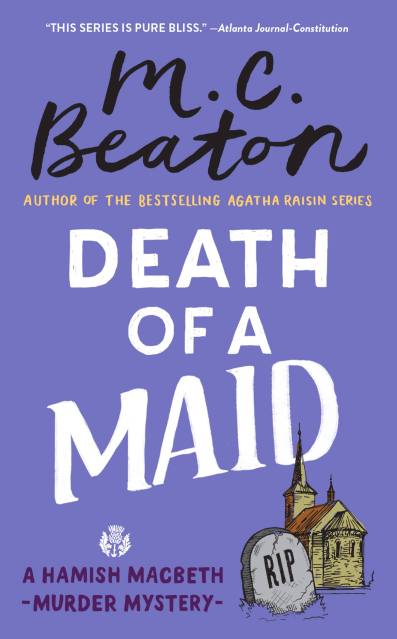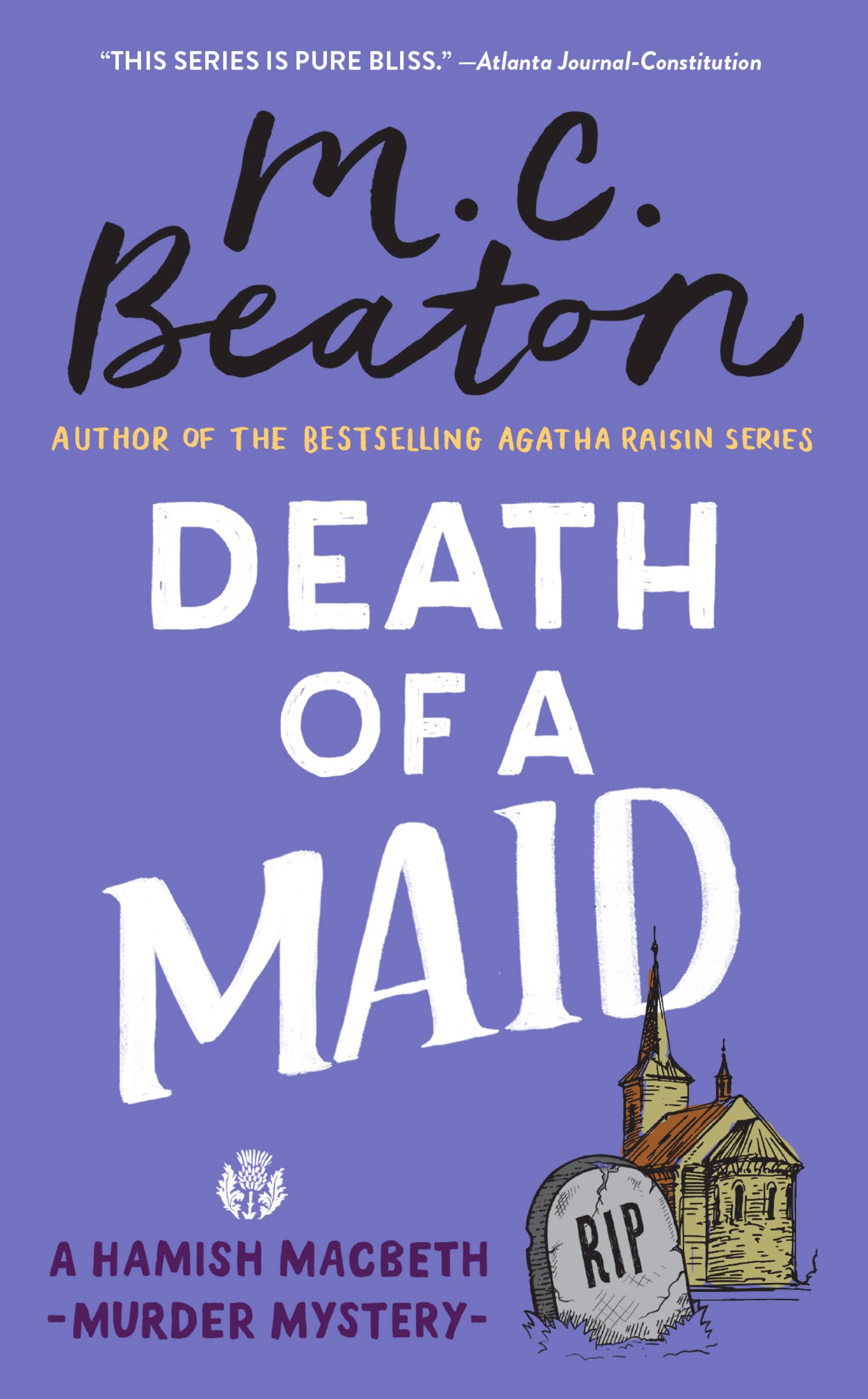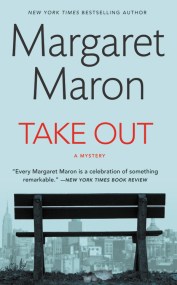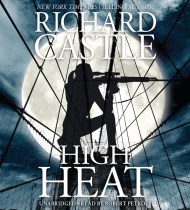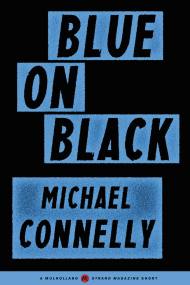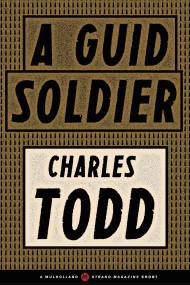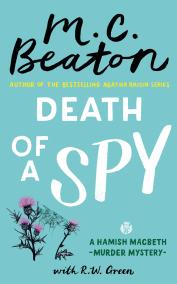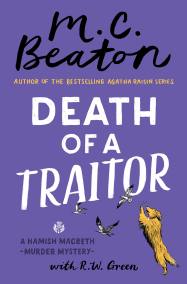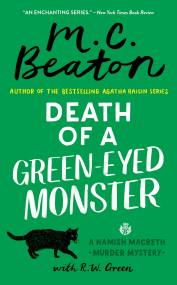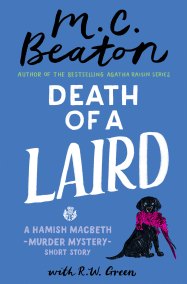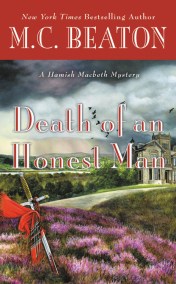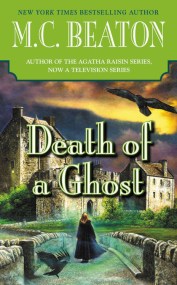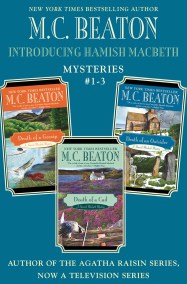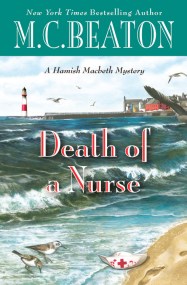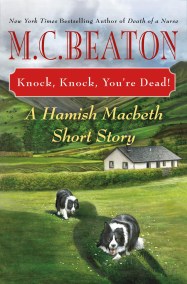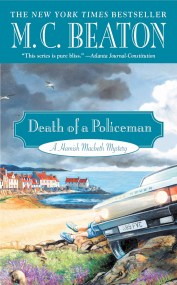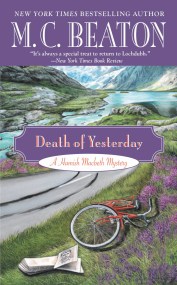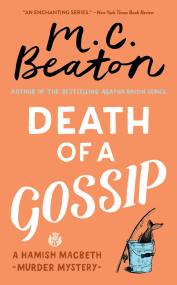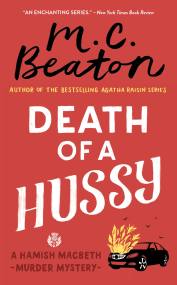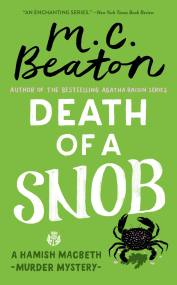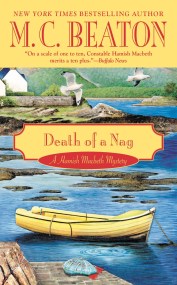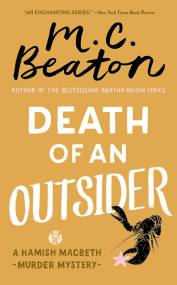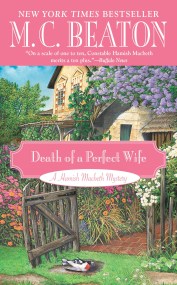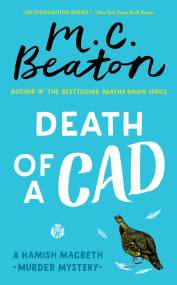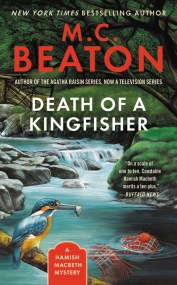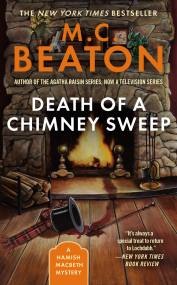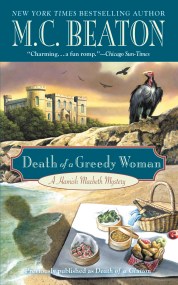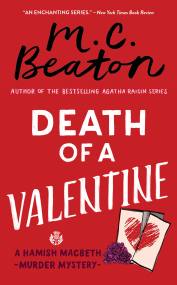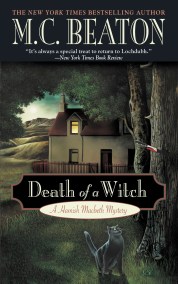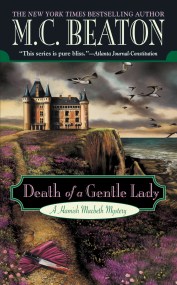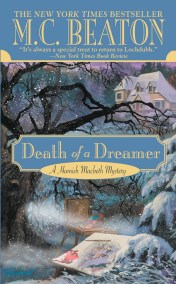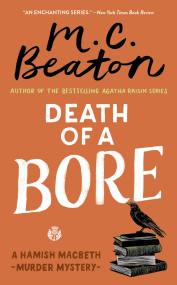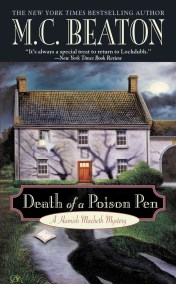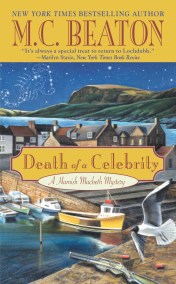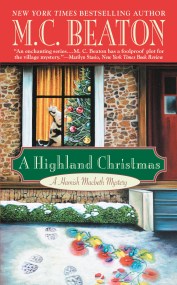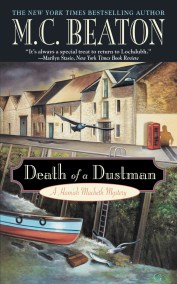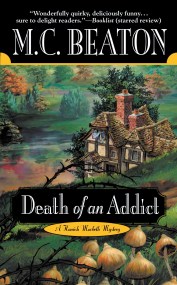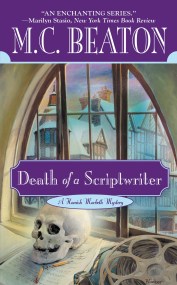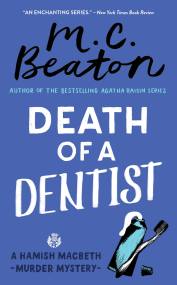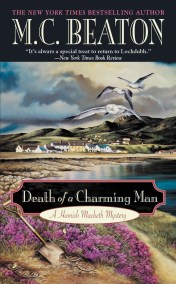Death of a Maid
Contributors
By M. C. Beaton
Formats and Prices
Price
$8.99Price
$12.99 CADFormat
Format:
Mass Market $8.99 $12.99 CADThis item is a preorder. Your payment method will be charged immediately, and the product is expected to ship on or around January 1, 2008. This date is subject to change due to shipping delays beyond our control.
Also available from:
Travel to the Scotland Highlands with this classic Hamish Macbeth cozy mystery from the author of the Agatha Raisin series.
Death of a Maid: A Hamish Macbeth Mystery
Mrs. Gillespie is famous around the northwest of Sutherland for being the best charwoman ever. Of course, if anyone has any social pretensions one does not say charwoman, one talks about "my maid". Hamish Macbeth wins Mrs. Gillespie's services in a church raffle but spends most of the day trying to avoid her. She is a malicious gossip and she bangs around the furniture and clanks pots–he wonders how on earth she managed to get such a good reputation.
Then she is found dead in a large house belonging to a retired professor who was out the day she was killed. She has been struck down by a metal bucket of water. Remembering Mrs. Gillespie's malicious gossip, Hamish is sure she delighted in finding out secrets and probably searched through the drawers of the houses she cleaned, which means everyone whose home she cleaned could be a suspect.
Death of a Maid: A Hamish Macbeth Mystery
Mrs. Gillespie is famous around the northwest of Sutherland for being the best charwoman ever. Of course, if anyone has any social pretensions one does not say charwoman, one talks about "my maid". Hamish Macbeth wins Mrs. Gillespie's services in a church raffle but spends most of the day trying to avoid her. She is a malicious gossip and she bangs around the furniture and clanks pots–he wonders how on earth she managed to get such a good reputation.
Then she is found dead in a large house belonging to a retired professor who was out the day she was killed. She has been struck down by a metal bucket of water. Remembering Mrs. Gillespie's malicious gossip, Hamish is sure she delighted in finding out secrets and probably searched through the drawers of the houses she cleaned, which means everyone whose home she cleaned could be a suspect.
Series:
- On Sale
- Jan 1, 2008
- Page Count
- 272 pages
- Publisher
- Grand Central Publishing
- ISBN-13
- 9780446615471
By clicking 'Sign Up,' I acknowledge that I have read and agree to Hachette Book Group’s Privacy Policy and Terms of Use
